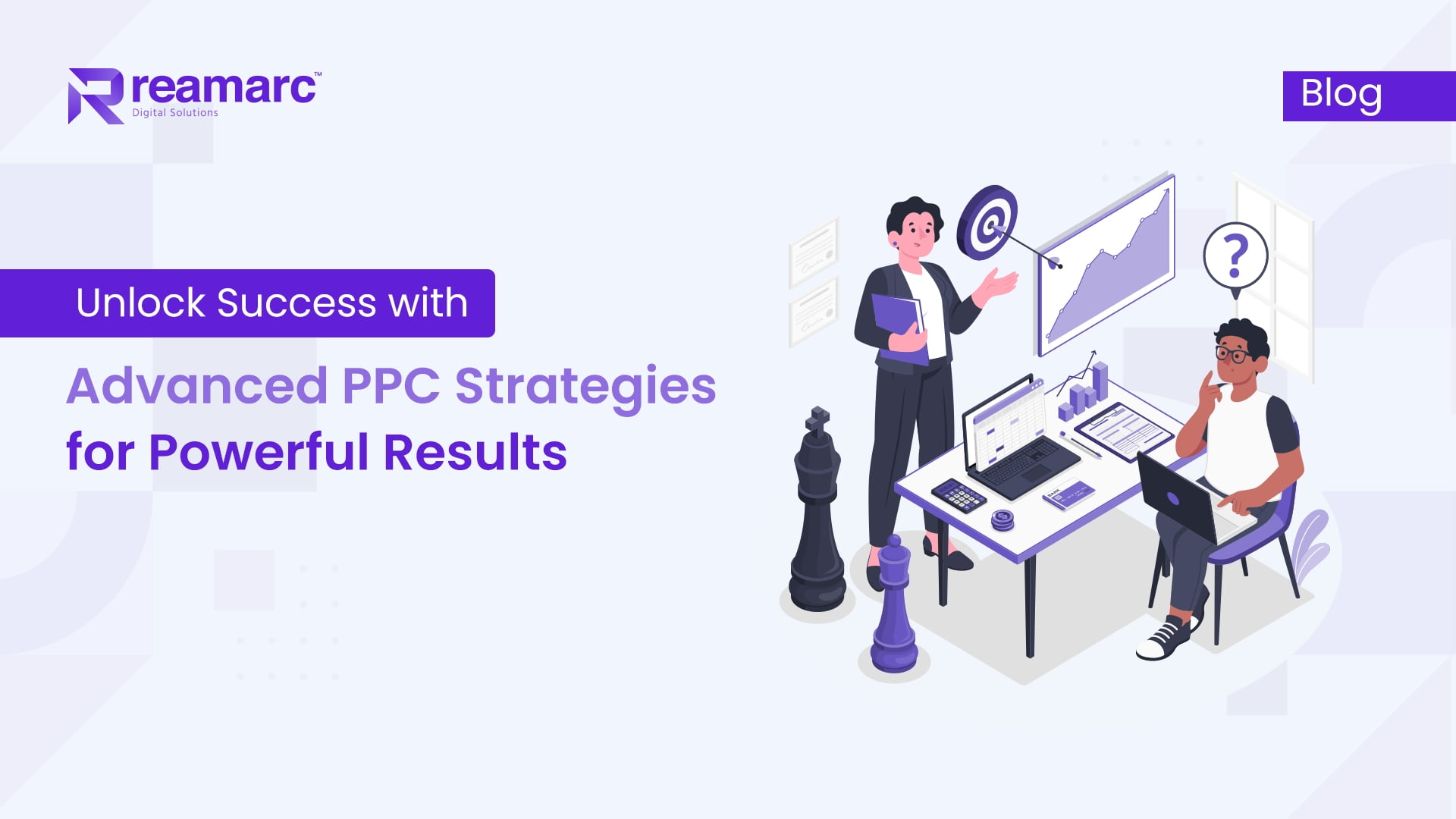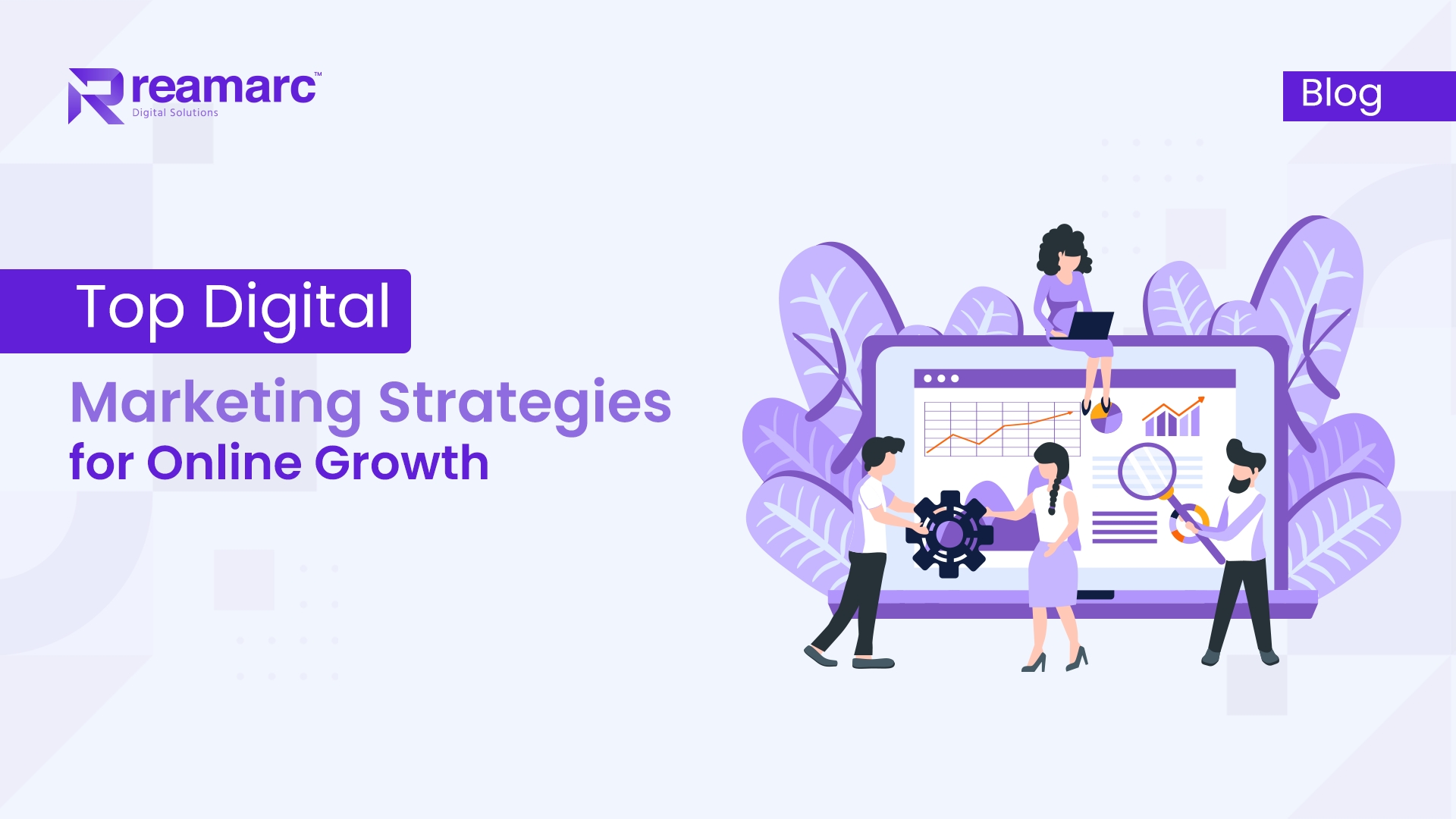Marketers who want to succeed in PPC advertising need to explore sophisticated approaches that make use of data, technology, and imagination. Let’s investigate a few of these cutting-edge pay-per-click (PPC) tactics that can optimize ROI and open up new avenues.
Audience Segmentation and Targeting:
Advanced PPC methods concentrate on segmenting audiences based on certain characteristics like interests, habits, and buy intent, as opposed to targeting broad demographics.
By leveraging the sophisticated audience targeting features provided by Google Ads and Facebook Ads, marketers may more accurately target people who are more likely to convert with their messaging and bids.
Dynamic Remarketing:
By presenting consumers with tailored advertisements based on their previous interactions with a website or app, dynamic remarketing goes beyond standard remarketing.
Expert PPC advertisers utilize dynamic remarketing to present customized advertisements for goods or services that customers have looked at or expressed interest in in the past. This hyper-targeted strategy improves the user experience overall and raises the chance of conversion.
Ad material Optimization:
Getting consumers to notice and click on your ads requires writing enticing material. Ad text components like headlines, descriptions, and call-to-action words are continuously tested and optimized as part of advanced PPC tactics.
Marketers may enhance click-through and conversion rates by identifying the messaging that connects most with their target audience through A/B testing and performance data analysis.
Keyword Expansion and Negative Keywords:
Although choosing pertinent keywords is essential for Pay-Per-Click (PPC) advertising, more sophisticated approaches go beyond simple keyword research. Marketers use strategies including negative keyword optimization, in which they eliminate low-performing or irrelevant terms, and keyword expansion, in which they find more relevant phrases to target.
Through the refinement of keyword lists based on search trends and performance data, advertisers may save wasted ad spend and increase campaign efficiency.
Ad Customizers and Extensions:
Ad extensions provide advertisements with more features and information, such as call buttons, site links, and location information. Ad extensions are deliberately used by advanced PPC practitioners to boost click-through rates, expand ad visibility, and attract targeted traffic.
Ad customizers also make it possible for material to be dynamically inserted into advertisements according to user location, device kind, or time of day, which increases the relevance and persuasiveness of adverts for the intended audience.
Using Artificial Intelligence (AI) and Machine Learning:
By automating time-consuming operations, improving bidding tactics, and forecasting user behavior, AI and machine learning algorithms have completely changed pay-per-click (PPC) advertising. Intelligent targeting, ad creative optimization, and automated bidding are just a few of the AI-powered capabilities that advanced PPC platforms use to improve outcomes while requiring less human participation.
Advertisers may increase the effectiveness, scalability, and performance of their PPC ads by utilizing AI.
Cross-Channel Integration:
A unified and cooperative approach to audience engagement is made possible by combining advanced PPC strategies with other digital marketing channels including email, social media, and search engine optimization (SEO).
In order to create comprehensive marketing strategies that promote consistent messages and strengthen brand visibility across several touchpoints, advanced marketers use cross-channel data and analytics. This maximizes the overall success of campaigns.
Continuous Testing and Experimentation:
Advanced PPC Strategies are mostly based on experimentation. Marketers test new ideas, strategies, and ad formats on a regular basis in order to gain knowledge and spot areas for development.
A culture of experimentation encourages creativity and propels ongoing optimization, making sure that PPC campaigns stay flexible and responsive in response to changing market conditions through advanced PPC strategies. Examples of this include testing various bidding methods, ad layouts, and landing page designs.
FAQs
-
What tactics do you use to increase the efficacy of your PPC campaign?
Answer: Tips for enhancing your pay-per-click (PPC) approach:
- Select the best keywords for your pay-per-click advertising strategy.
- Prioritize delivering value in your PPC campaign.
- Incorporate long-tail keywords into your PPC advertising.
- Aim for both new and repeat clients with your PPC campaign.
- Make sure your PPC campaign has a call to action.
-
What elements go into a winning PPC campaign?
Answer: Goals are essential for PPC campaigns to be successful. If a marketing effort doesn’t assist the business in reaching its goals, it won’t succeed. So, make sure you have the final result in mind before you launch any campaign. Otherwise, if you don’t have a clear grasp of the larger picture, it’s simple to get off course.
-
What does a PPC strategy look like?
Answer: An advertiser may display an advertisement related to “blue running shoes,” for instance, if a user searches for that term. As long as relevancy is prioritized, advertisers may run effective PPC ads through both targeting settings and account structure.
-
Why is Pay Per Click (PPC) crucial to your business’s success?
Answer: PPC advertising lets you connect with the correct audience in addition to a large one. You don’t want to target everybody with your advertisements, after all.
PPC advertising may assist you in targeting your adverts solely to the demographic you are trying to reach with your marketing.
-
Which five PPC components are essential?
Answer: A Pay-per-click (PPC) campaign needs five components to be successful: keywords, ads, bid, price, landing page, and conversion route. Each component of a PPC campaign has to work in concert with the others to get the best possible results.
Conclusion
In conclusion, companies looking to stay ahead in the cutthroat world of digital advertising nowadays must master sophisticated PPC tactics.
Marketers can optimize the efficacy of their PPC campaigns and get a higher return on investment by adopting audience segmentation, dynamic remarketing, keyword refining, ad extensions, AI-powered automation, cross-channel integration, and experimental culture.
Sustaining success in the digital sphere requires remaining up to date with the newest technologies and trends in PPC advertising, as technology and customer tastes continue to change.





